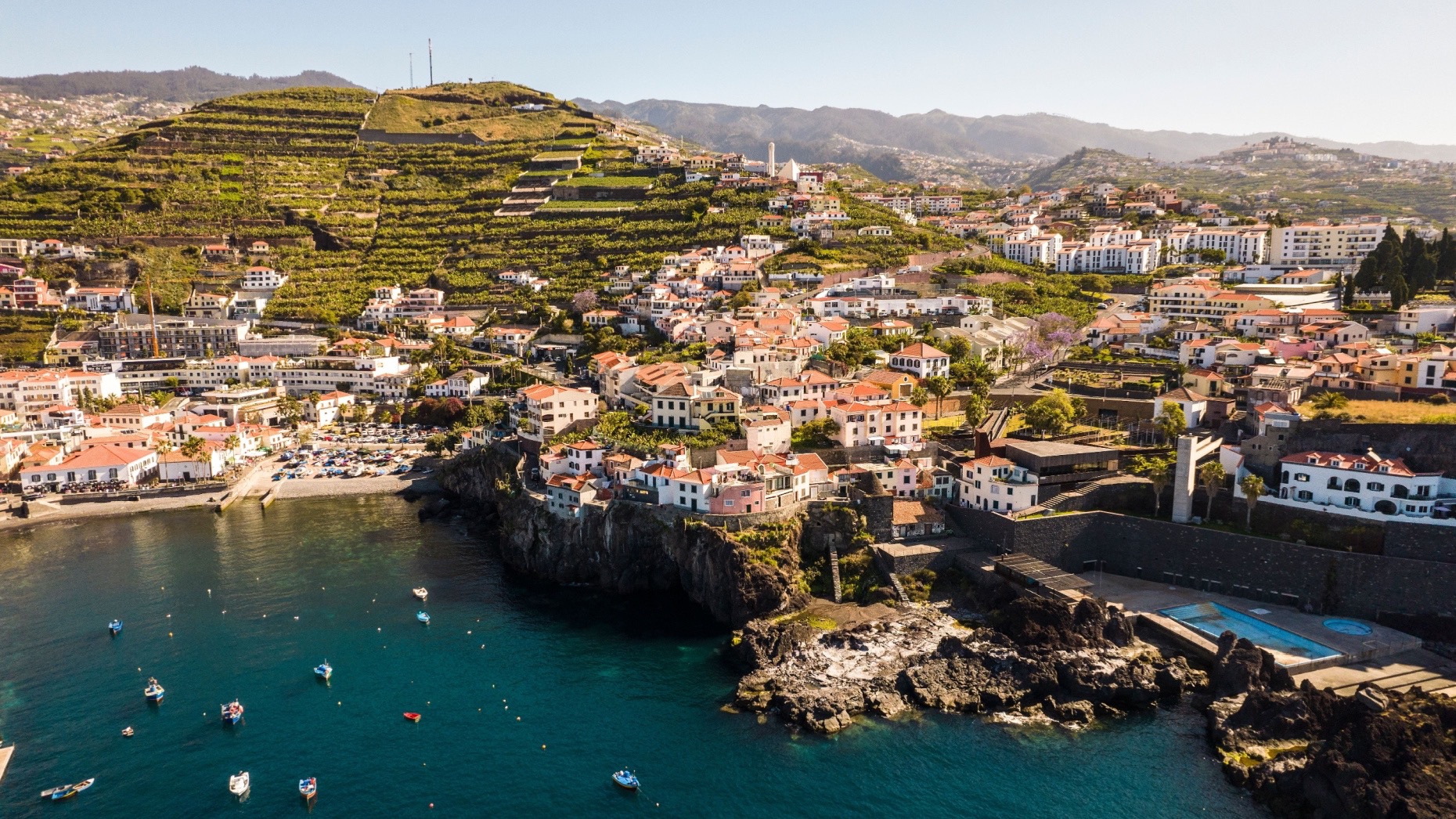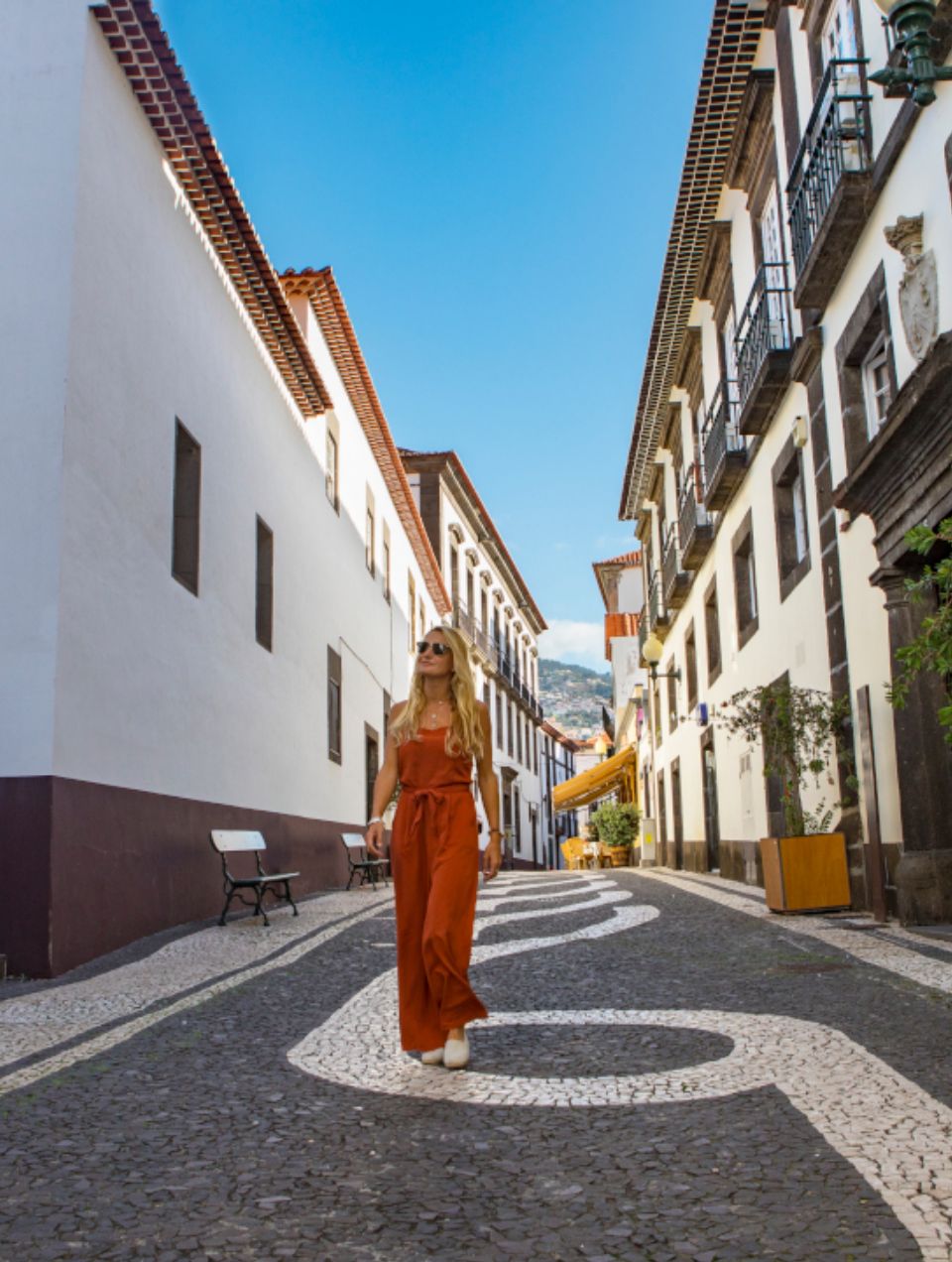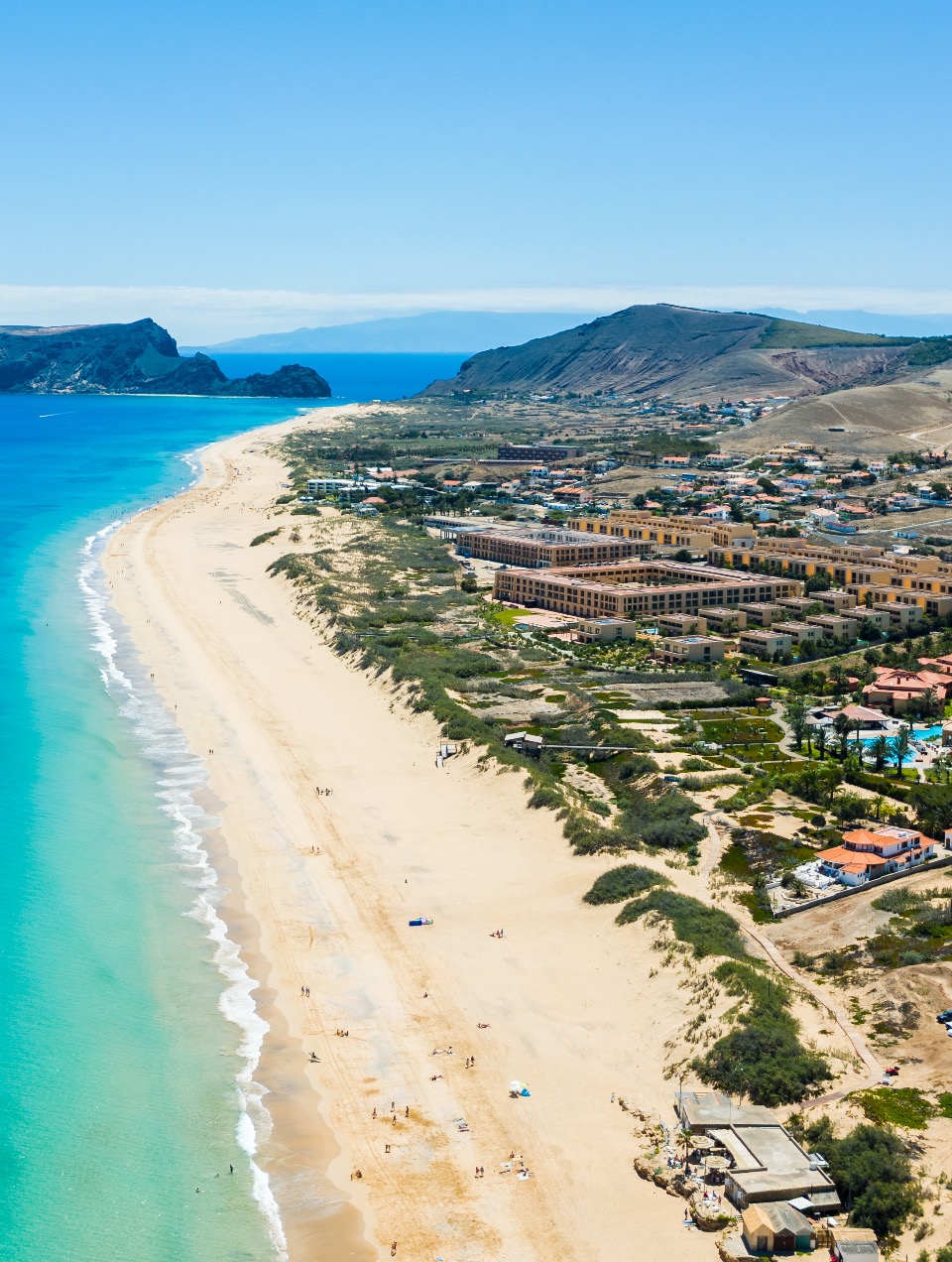Living in Madeira is an increasingly popular decision for expats from all over the world.
The fantastic climate, superior quality of life, and safety are some of the factors that make the archipelago of Madeira a destination of choice for remote workers, families, retirees, and entrepreneurs.
Here are some facts about this Portuguese region and the reasons why many people choose to live in Madeira.
When moving to Madeira, you can count on a local partner like NEWCO to ensure that all the necessary steps and formalities are properly completed, from obtaining a residence visa, tax number (NIF), and opening a bank account, to support moving and buying accommodation.
All about Living in Madeira
The archipelago of Madeira belongs to Portugal and is located in the Atlantic Ocean, 978 km southwest of Lisbon.
Volcanic in origin, it is made up of the following islands:
- Madeira Island (736 km2)
- Porto Santo Island (43 km2)
- Desertas Islands (14 km2)
- Selvagens Islands (4 km2)
Only two of the islands - Madeira and Porto Santo - are inhabited; the Desertas and Selvagens islands are designated as nature reserves.
Madeira is home to around 250,000 people and has been an Autonomous Region of Portugal since 1976. It has political and administrative autonomy and its own governing bodies: the Regional Assembly and the Regional Government.
What's the weather like in Madeira?
In Madeira, there are no significant variations in temperature throughout the year, and the climate remains mild with average temperatures of around 22°C (maximum) and 16°C (minimum).
Due to the influence of the warm Gulf Stream, the temperature of the sea water is around 22°C in summer and gradually cools down to 17°C at the end of winter.
What is Madeira's economy like?
Madeira has a solid and stable economy, supported by international services, tourism, and exports. The region exports a number of unique and high-quality products, such as Madeira bananas, Madeira wine, and Madeira embroidery.
If you choose to live in Madeira, you should know that there are several benefits to setting up a business on the island, including one of the lowest corporate tax rates (IRC) in the European Union: 14.7%.
But that’s not all: the International Business Centre of Madeira offers very advantageous conditions for international companies that meet certain requirements. Some of these advantages are:
- Corporate tax rate (IRC): 5%;
- Exemptions from withholding tax on the distribution of dividends to shareholders not resident in Portugal;
- Exemptions and reductions in other taxes.








